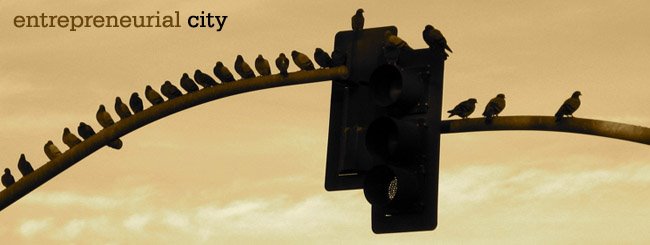[P]lay is trivial. It's what you do when your responsibilities are taken care of, particularly as an adult. But if you were to follow, as I have at least scholastically and, if not, clinically, if you're to follow the trail of play in both animals and humans, the beginning point of play in the mother-infant or parent-infant bonding process is kind of the spontaneous eruption of joy and pleasure upon the process of being safely fed and, in the case of the human, when there is eye contact. And the social smile emerges and the infant and the mother begins to coo. That cooing, that's worldwide. And there is mutual joy. And the brain imaging that's associated with that shows an attunement between the mother's right cortex, a nondominant hemisphere of the brain, and the baby's.
And then if you build on that and say, 'OK, the child has experienced that and now they're growing up a little bit,' they get some of the same joyful experience from grabbing something, putting it in their mouths when they're infants, and then a little later, playing with toys, and then ultimately, parallel play with other children and on and on. I could go right on up through the whole life cycle, each of which has more and more intricate, more complex play if the individual is sort of allowed, through the environment, to take advantage of it.
Wednesday, August 20, 2008
Because we were made that way
Almost like the universe itself compelled me to respond to mordenti's post, I was listening today to a podcast (Speaking of Faith again) about the meaning of play. Here is Dr. Stuart Brown on the topic:
Subscribe to:
Post Comments (Atom)




No comments:
Post a Comment